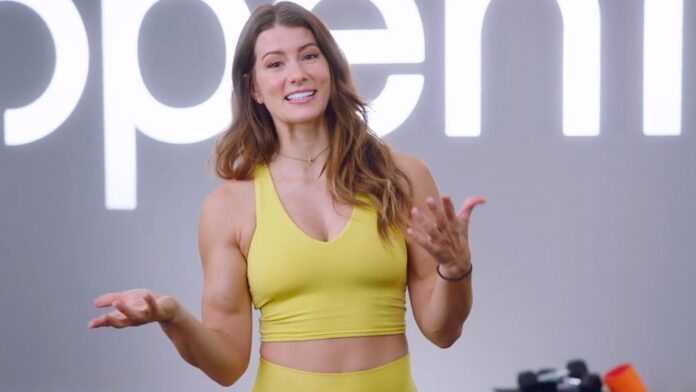Expert advice from certified trainers to help you navigate the basics of starting your fitness journey, choosing gear, and setting realistic goals
Starting a fitness journey can be daunting, especially with the overwhelming amount of information available. To help you get started, we consulted a group of certified personal trainers to answer the most common beginner questions about fitness. Here’s what they had to say.
1. “Where do I start?”
For beginners or those returning to exercise, it’s crucial to start with activities you enjoy. Dane Miklaus, CSCS, founder of WORK Training Studio in Irvine, California, recommends engaging in enjoyable physical activities. Whether it’s walking while listening to a podcast or riding a bicycle in nature, the key is to create a routine you can stick to. Begin slowly and focus on consistency, gradually building up your routine.
Miklaus emphasizes setting process-based goals over outcome-based ones. Instead of aiming to lose a specific amount of weight, focus on long-term habits like 15 minutes of daily movement or strength training twice a week. Training should become a lifestyle, contributing to overall health and well-being.
2. “Which shoes are the best?”
Marcel Dinkins, CSCS, a Peloton Tread instructor, cautions against overemphasizing gear. While supportive footwear is essential, don’t be swayed by endorsements from athletes or influencers, who may have sponsorships. Instead, use what you have to start and seek expert advice when buying new shoes. Visit a running store to find the right fit for your body and goals.
3. “How can I lose belly fat?”
Spot reduction, or targeting fat loss in one area, is impossible. Research shows that overall fat loss is determined by genetics and biological sex. Mathew Forzaglia, CPT, founder of Forzag Fitness, explains that exercise alone won’t drive sustainable weight loss. A balanced diet and calorie deficit are crucial. Focus on whole foods and avoid unhealthy eating habits to achieve long-term results.
4. “Do I need to strength train if I just want to lose weight?”
Mary Beth Rockwell, CPT, founding trainer of The Next Fitness Thing app, emphasizes the importance of strength training. Building muscle increases metabolism, helping you burn more calories at rest. Strength training also offers numerous benefits, including improved bone density, posture, and functional fitness. The CDC recommends two full-body strength training sessions per week for most people.
5. “Is it too late for me to start strength training?”
It’s never too late to start strength training, says Jen Kates, CPT, founder of Shift Human Performance. While muscle-building responses decline with age, strength training can help preserve muscle mass, improve strength, body composition, and mobility. Research shows that even older adults can see significant improvements through resistance training.
6. “What should I do when I’m not in the gym?”
Wesley Showalter, CSCS, a Chicago-based personal trainer, highlights the importance of non-workout aspects of a healthy lifestyle. Ensure adequate sleep, hydration, and daily activity. Aim for 10,000 steps a day, seven to nine hours of sleep, and half your body weight in ounces of water daily. Avoid being an “active couch potato” by incorporating more movement throughout the day.
7. “How much cardio do I need to do?”
Your cardio needs depend on your fitness level and goals. For general health, Showalter recommends 90 minutes of steady-state or “zone 2” exercise weekly, in addition to daily activity. This level of exertion should be uncomfortable but sustainable, allowing for labored breathing without reaching maximum effort.
8. “Why is it taking so long to see results?”
Fitness results take time and consistency. Daniel McKenna, CPT, former Peloton instructor and founder of The Irish Yank Society, advises patience and perseverance. Everyone’s progress varies based on genetics, lifestyle, diet, and other factors. If you’re not seeing changes, consider consulting a personal trainer or nutritionist to optimize your diet and training.
Starting a fitness journey requires patience, consistency, and realistic expectations. By focusing on enjoyable activities, setting process-based goals, and seeking expert advice when needed, you can build a sustainable and effective fitness routine.
